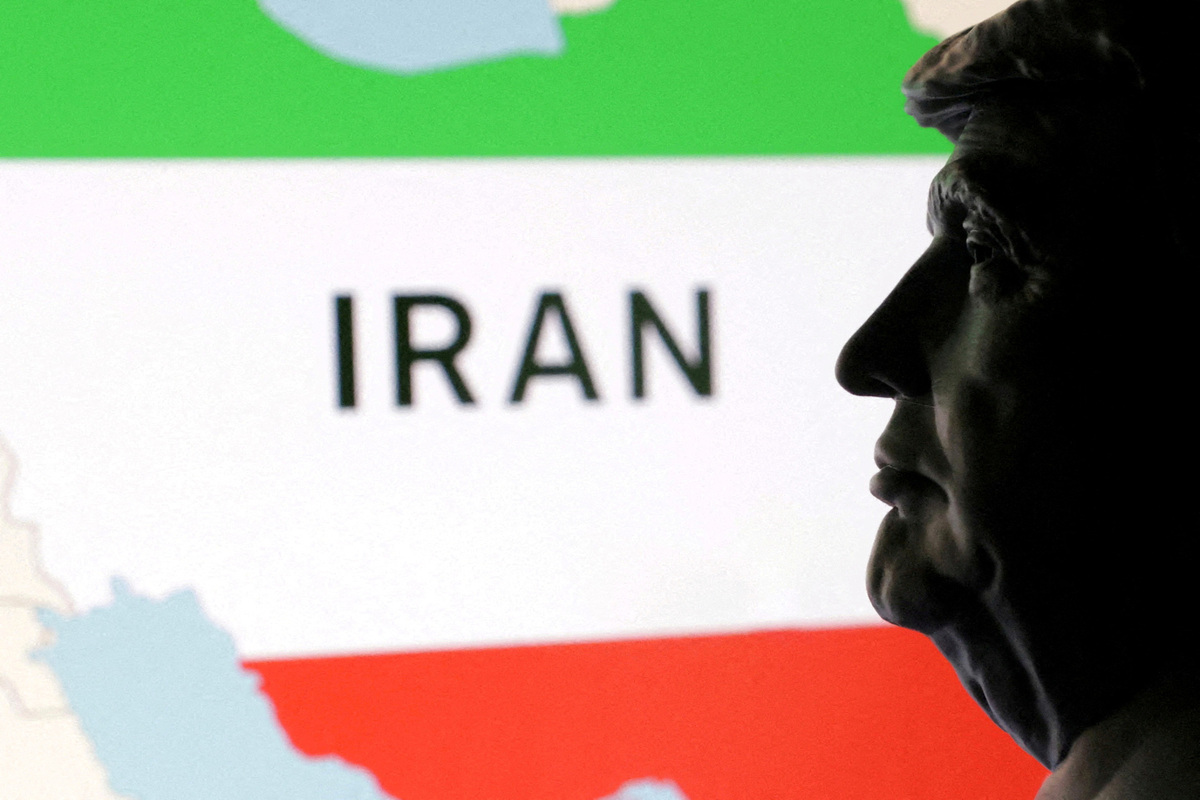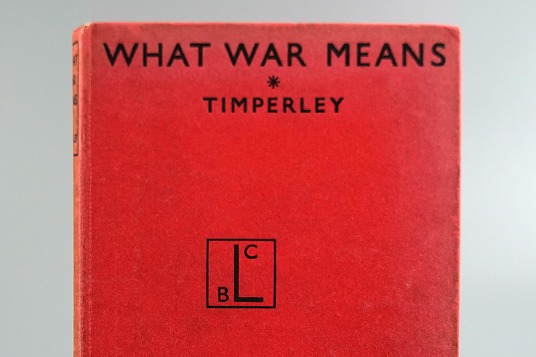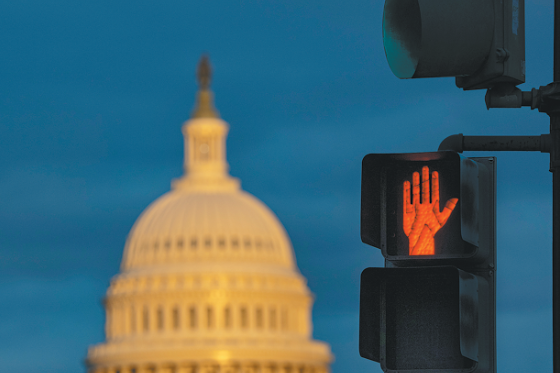US strikes on Iran backfire, eroding its credibility


When the US bombed Iran, United States President Donald Trump was quick to declare victory. Former US president George W. Bush had taken the same line, declaring "Mission Accomplished" after his 2003 bombing of Iraq. What followed was years of death and agony. So, what has Trump's cynical, unprovoked decision to bomb Iran in the midst of ongoing negotiations accomplished?
The US bombing was a deliberate policy choice — choosing war over peace in the Middle East. The attack was not a response to any immediate threat to US interests. In May 2018, Trump rejected and exited the Joint Comprehensive Plan of Action which committed the US, Iran and other nations to develop a peaceful Iranian nuclear program. In April, the US and Iran began fresh negotiations on nuclear issues. In May, Trump announced that the deal was close. Then the US launched a surprise attack and declared the Iranian nuclear program had been "obliterated" — a claim rejected by the US Defense Intelligence Agency only days later.
It will take years to understand the long-term effects of this policy choice. But as the dust settles in Iran, the early winners and losers are clear. Israel is the clearest winner. In the middle of the US-Iran talks, Israel pre-emptively launched its own strikes, eliminating any chance of a successful negotiation. Trump could have stopped the Israeli strikes, but instead he doubled down, allowing Israel to redirect US policy toward military confrontation. The US policy in the Middle East is now fully aligned with Israel's stated goal of eliminating the Iranian government. If there has been an "unconditional surrender" in the Middle East, it is the US surrender to Israeli Prime Minister Benjamin Netanyahu, who is now dictating US policy toward Iran.
The Iranian Revolutionary Guard Corps is also a winner. Although its resources and leadership have been damaged, the IRGC gains new legitimacy as the defender of Iran's government and people.
The IRGC can also claim that its position on destroying Israel and the US presence in the Middle East is fully justified, and that its case for Iranian nuclear weapons has been proved. It can justify exiting the Non-Proliferation Treaty, expelling international inspectors and developing its nuclear program. Iran still controls over 400 kilograms of enriched uranium and can access foreign weapons technology and development assistance. Iran's strategic position is far better now than before the US attack.
Islamic extremist groups have gained new legitimacy for launching strikes against US interests. ISIS and its affiliates can now point to the US surprise attack as proof that the US government cannot be trusted and is aligned with Israel. Who can say when or how these groups are likely to launch fresh waves of attacks against US interests?
The main loser in US' war against Iran is the US itself. Rather than a global leader standing for peace and human dignity, the US has been reduced to a proxy for the Israeli government's asserted requirements for absolute security. But this is not the only loss. US citizens can expect new crackdowns and suppression of dissent as the Department of Homeland Security gains an excuse for rooting out "the Iranian threat".
Europe also loses. Trump dismissed European efforts to broker a nuclear deal. To the extent that European policy aligns with Trump in the Middle East, European leaders may incent fresh waves of terrorist attacks. The other lesson for European leaders — if it was not already obvious — is that Europe is on its own and can no longer rely on the US as a security partner.
Saudi Arabia and US allies in the Middle East have been significantly damaged and will need to distance themselves from US actions. The Saudis, along with the Organisation of Islamic Cooperation, described the US action as a "dangerous escalation that could further heighten tensions and threaten peace, security and stability in the region". The OIC condemned the "violation of Iran's sovereignty" and called for "renewed commitment to dialogue and diplomatic engagement". The US has disappointed its Middle East supporters in this volatile region.
As Bush discovered, it is easy for the US military to destroy targets — along with destroying the credibility and influence of US power. Trump has stepped into the same minefield. Building real peace and showing real US greatness, will be far more difficult after US' tragic and senseless bombing of Iran.
The author is principal of Washington, DC-based global consultancy Midgley& Company.

































